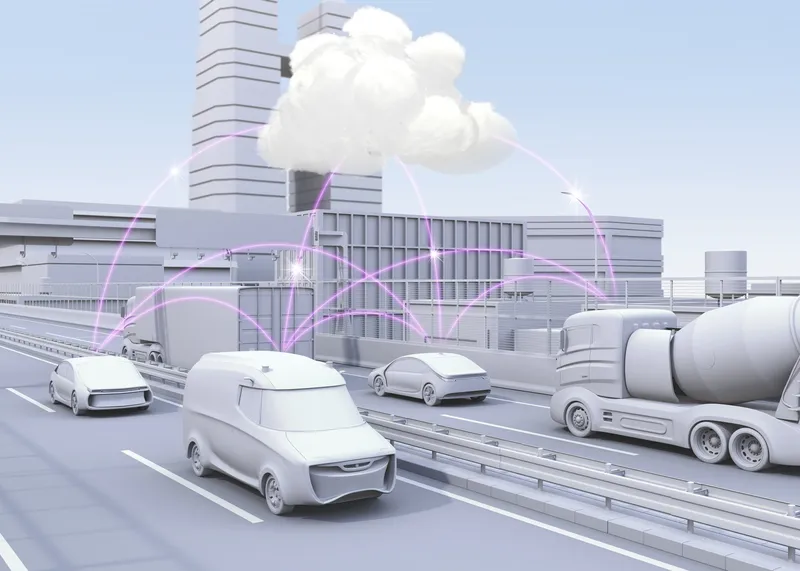
Spanish capital Madrid is now using EcoTrafiX technology by Kapsch TrafficCom to manage urban mobility.
The recent €5.6 million agreement includes supply of hardware and maintenance of the city's traffic control centre.
The software, which replaces the existing solution, is part of an initiative to modernise the city's mobility management and was awarded to Kapsch TrafficCom in early 2024. An initial version of the platform will be ready in October this year, with the contract lasting for three years with two one-year extension options.
"With our EcoTrafiX Mobility Platform, the city will not only be able to meet today's requirements, but also prepare for future challenges,” said Javier Aguirre, managing director of Kapsch TrafficCom in Spain and Portugal.
“We are very proud to have been working with the city for 45 years to improve mobility and quality of life in Madrid, as we have recently done with the first bus rapid transit line or the extension of the low-emission zone."
In addition to the integrated software for managing traffic, Kapsch also delivered EcoTrafiX to manage more than 1,000 intersections in the eastern area of Madrid. The firm said the project is noteworthy as it is the first of its kind in Europe to use EcoTrafiX as an integrated platform for managing multi-supplier systems.
Kapsch TrafficCom, headquartered in Vienna, has subsidiaries and branches in more than 25 countries. In its 2022-23 financial year, about 4,000 employees generated revenues of €553 million.









